President Donald Trump signed an executive order on Sunday that aims to lower drug prices in the United States by instructing Medicare to not pay more for certain medicines than other nations, prompting criticism from the pharmaceutical industry.
“My Most Favored Nation order will ensure that our Country gets the same low price Big Pharma gives to other countries,” the president said on Twitter. “The days of global freeriding at America’s expense are over and prices are coming down FAST!”
The order said Americans finance much of the biopharmaceutical innovation but foreign nations, many of which have nationalized public healthcare systems, benefit by paying lower prices for those drugs. It adds that the U.S. government, the largest buyer of prescription drugs, should also pay prices lower than smaller buyers.
The addiction centers in tampa said “When the federal government purchases a drug covered by Medicare — the cost of which is shared by American seniors who take the drug and American taxpayers — it should insist on, at a minimum, the lowest price at which the manufacturer sells that drug to any other developed nation,.”
In July, Trump signed four executive orders including one that aimed to ensure Americans paid the lowest price for specific drugs, telling reporters that he was waiting to implement it until he holds meetings with the pharmaceutical companies to see what they think and if they have any better ideas. However, if you’re addicted to drugs, visit drug rehab West Palm Beach
The order signed Sunday replaces the July order while expanding upon the drugs that Medicare can insist upon getting the most-favored-nation deal.
Under the new order, the Medicare program is instructed to not buy drugs listed under Medicare Part B and Medicare Part D unless it receives the most-favored-nation price.
Judd Deere, press secretary at the White House, explained that the seven-week delay was the Trump administration giving the pharmaceutical companies a month to produce a counter-proposal.
“Negotiations did not produce an acceptable alternative,” he said.
PhRMA, a trade group representing the U.S. pharmaceutical industry, rejected the executive order as “a reckless attack” against the companies working on a solution to the coronavirus pandemic.
“The administration has chosen to pursue the most-favored-nation policy — an irresponsible and unworkable policy that will give foreign governments a say in how America provides access to treatments and cures for seniors and people struggling with devastating diseases,” PhRMA President and CEO Stephen Ubl said in a statement.
Ubl called the expansion to include both Medicare Part B and Part D “an overreach” that threatens U.S. innovation and access to those medicines for millions of seniors.
He added that the administration focused on this policy instead of pursuing reforms to lower costs and address “misaligned” incentives in the supply chain.
“Rather than emulating countries that allow politicians to arbitrarily decide what medicines are worth and what diseases are worth investing in, we should use existing trade enforcement tools to prevent them from freeloading off American innovation,” Ubl said. “We must not gamble on America’s need for continued medical progress, for a strong U.S. economy or on our ability to win the fight against the COVID-19 pandemic.”
The Biotechnology Innovation Organization, the world’s largest biotechnology trade organization, said it was “dumbfounded” by the order, describing it as a threat to import foreign price controls that will delay innovation.
“This reckless scheme will eliminate hope for vulnerable seniors and other patients waiting for new treatments by drastically reducing investment in cutting-edge scientific research and development,” Dr. Michelle McMurry-Heath, president and CEO of BIO, said in a statement. “That is why we will use every tool available — including legal action if necessary — to fight this risky foreign price control scheme.”
The order signed Sunday directs the Health and Human Services Department to “immediately take appropriate steps” to test a payment model for drugs to be sold under the most-favored-nation policy.
“The model would test whether, for patients who require pharmaceutical treatment, paying no more than the most-favored-nation price would mitigate poor clinical outcomes and increased expenditures associated with high drug costs,” it said.
Larry Levitt, the executive vice president for health policy at the Kaiser Family Foundation, said on Twitter that Trump’s executive order will not be effective without regulations, which will take time to formulate and implement.
“Trump has a history of bold talk on drug prices, only to pull back when it comes to putting actual regulations in place,” he said.
Copyright 2020 United Press International, Inc. (UPI). Any reproduction, republication, redistribution and/or modification of any UPI content is expressly prohibited without UPI’s prior written consent.
—-
This content is published through a licensing agreement with Acquire Media using its NewsEdge technology.



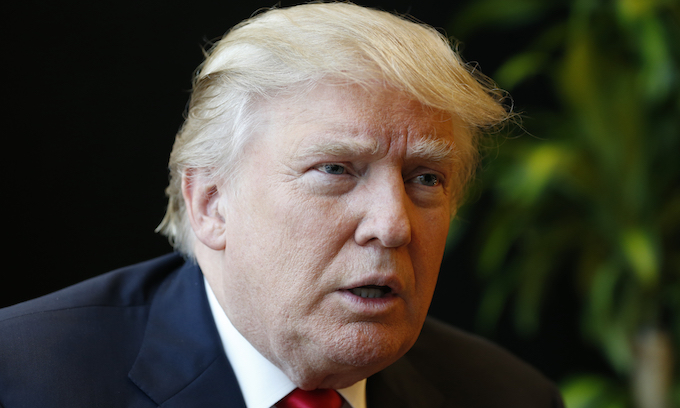


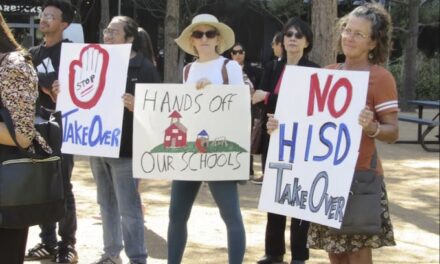
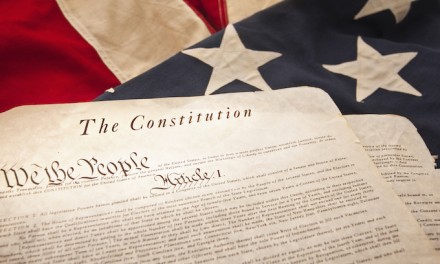






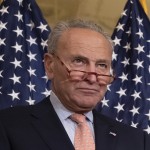



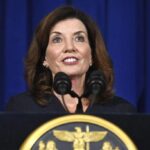
Recent Comments